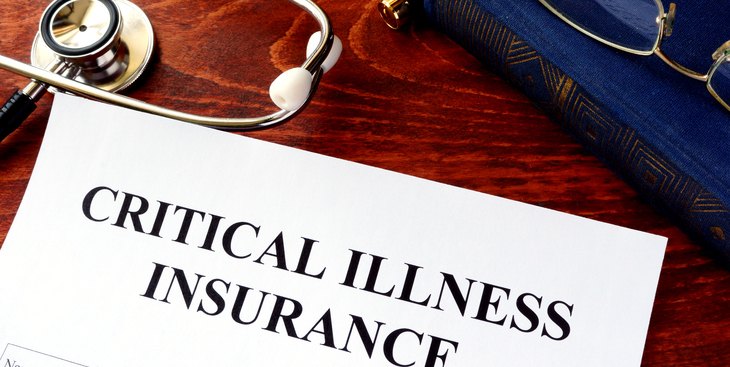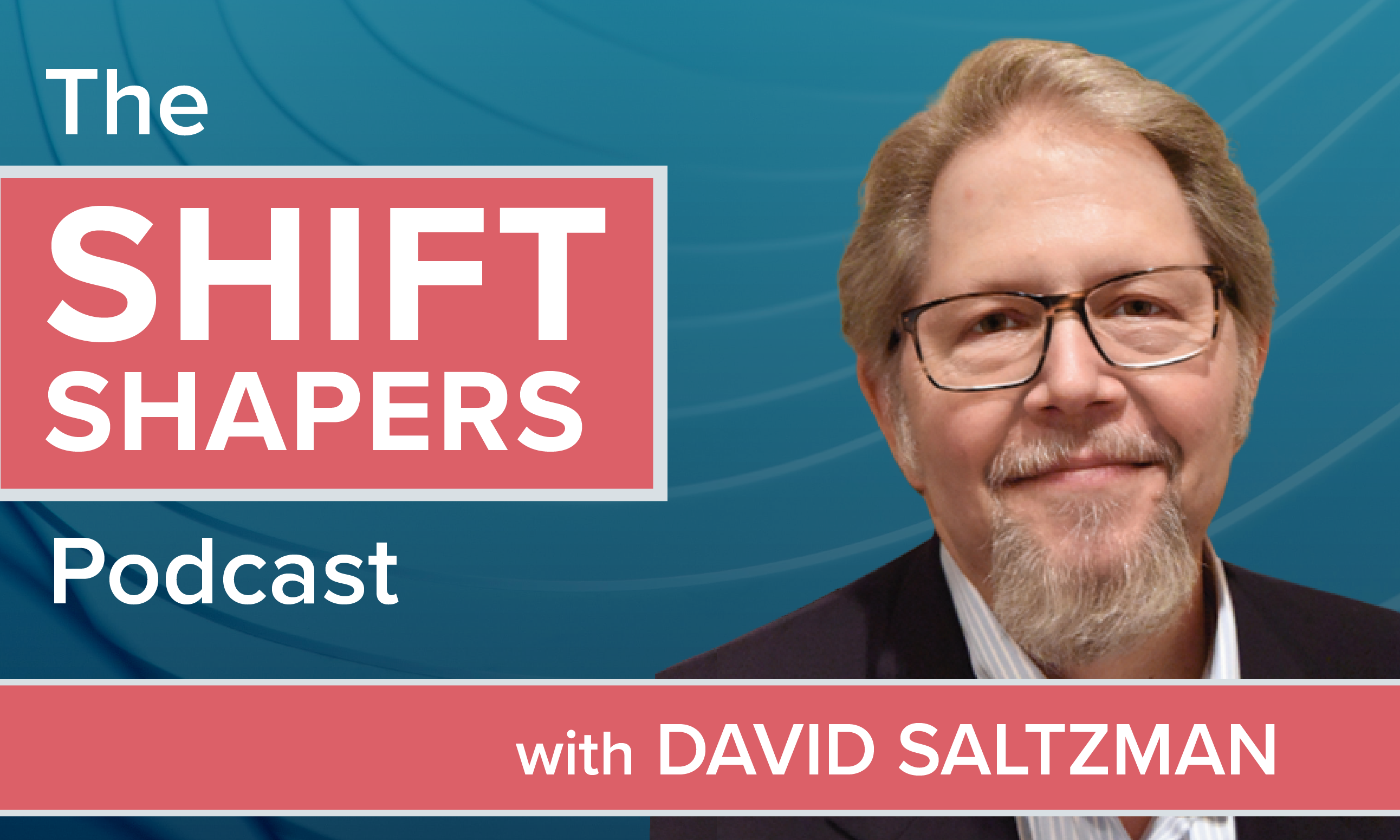 When we consider the future, wetend to imagine positives. Rarely does one consider a seriousillness occurring to them. In our minds, it is always much moreprobable for someone else to find themselves in a hospital.Unfortunately, our inability to picture such a scenario does notrender it from the realm of possibilities. And though ponderingabout one's health taking a turn for the worse is not a pleasantthought, it is far better to be prepared and proactive rather thanbe caught unaware without an adequate financial safety net –especially when diagnosed with a critical illness.
When we consider the future, wetend to imagine positives. Rarely does one consider a seriousillness occurring to them. In our minds, it is always much moreprobable for someone else to find themselves in a hospital.Unfortunately, our inability to picture such a scenario does notrender it from the realm of possibilities. And though ponderingabout one's health taking a turn for the worse is not a pleasantthought, it is far better to be prepared and proactive rather thanbe caught unaware without an adequate financial safety net –especially when diagnosed with a critical illness.
Human nature tends to keep people away from the hospital, evenwhen they are stricken with serious symptoms. Consider a study by York University, which found that 87 percent ofpatients who experienced heart failure perceived that theirsymptoms had some degree of seriousness, but a remarkable 80percent of those patients simply waited for the symptoms to goaway! Unfortunately, these cases can lead to prolonged hospitalstays, with bills to match – especially when a critical illnesssuch as a heart attack, stroke or cancer is the cause.
|As a benefits advisor, how do you express the importance ofcritical illness insurance to clients who might consider voluntaryinsurance an afterthought to major medical, home and vehicleinsurance? The solution: Show clients how critical illnessinsurance is a win-win for employers and employees alike.
|With an average of 1.5 million strokes and heart attacks occurring every year inthe United States, critical illness insurance allows employees torest easier knowing that, should they experience a covered criticalillness, they and their loved ones have financial protection inplace to help in their time of need. Instead of focusing on whetherthey can afford treatment, their critical illness insurance canhelp them pay for everything from ambulance costs to physicaltherapy to everyday household expenses.
|By offering critical illness insurance, employers can helpsafeguard employees from the high price tag associated with such adiagnosis, as well as help their business through greaterproductivity from workers and higher employee retention. Accordingto the 2018 Aflac WorkForces Report, 34 percent of employees saidthat an improved benefits package would help keep them in theirjobs. And that is not the only benefit critical illness insuranceoffers. It also helps keep workers satisfied, with 72 percent ofemployees who have voluntary insurance through their employersreporting that they are extremely satisfied with their benefitspackages, compared to 50 percent of those whose employers do notoffer voluntary insurance.
|When meeting with clients, explain the ways in which criticalillness insurance can help keep financial burdens to a minimum.While no one wants to think about developing a critical illness, itis far better to have a financial backup plan in place and beprepared if that day comes.
|Wendy Herndon is second vice president of ProductDevelopment and Implementation at Aflac. With more than 20 years ofexperience in this field, she is responsible for managing andguiding product portfolios through their entire life cycles,including strategy, development andimplementation.
Complete your profile to continue reading and get FREE access to BenefitsPRO, part of your ALM digital membership.
Your access to unlimited BenefitsPRO content isn’t changing.
Once you are an ALM digital member, you’ll receive:
- Critical BenefitsPRO information including cutting edge post-reform success strategies, access to educational webcasts and videos, resources from industry leaders, and informative Newsletters.
- Exclusive discounts on ALM, BenefitsPRO magazine and BenefitsPRO.com events
- Access to other award-winning ALM websites including ThinkAdvisor.com and Law.com
Already have an account? Sign In
© 2024 ALM Global, LLC, All Rights Reserved. Request academic re-use from www.copyright.com. All other uses, submit a request to [email protected]. For more information visit Asset & Logo Licensing.







